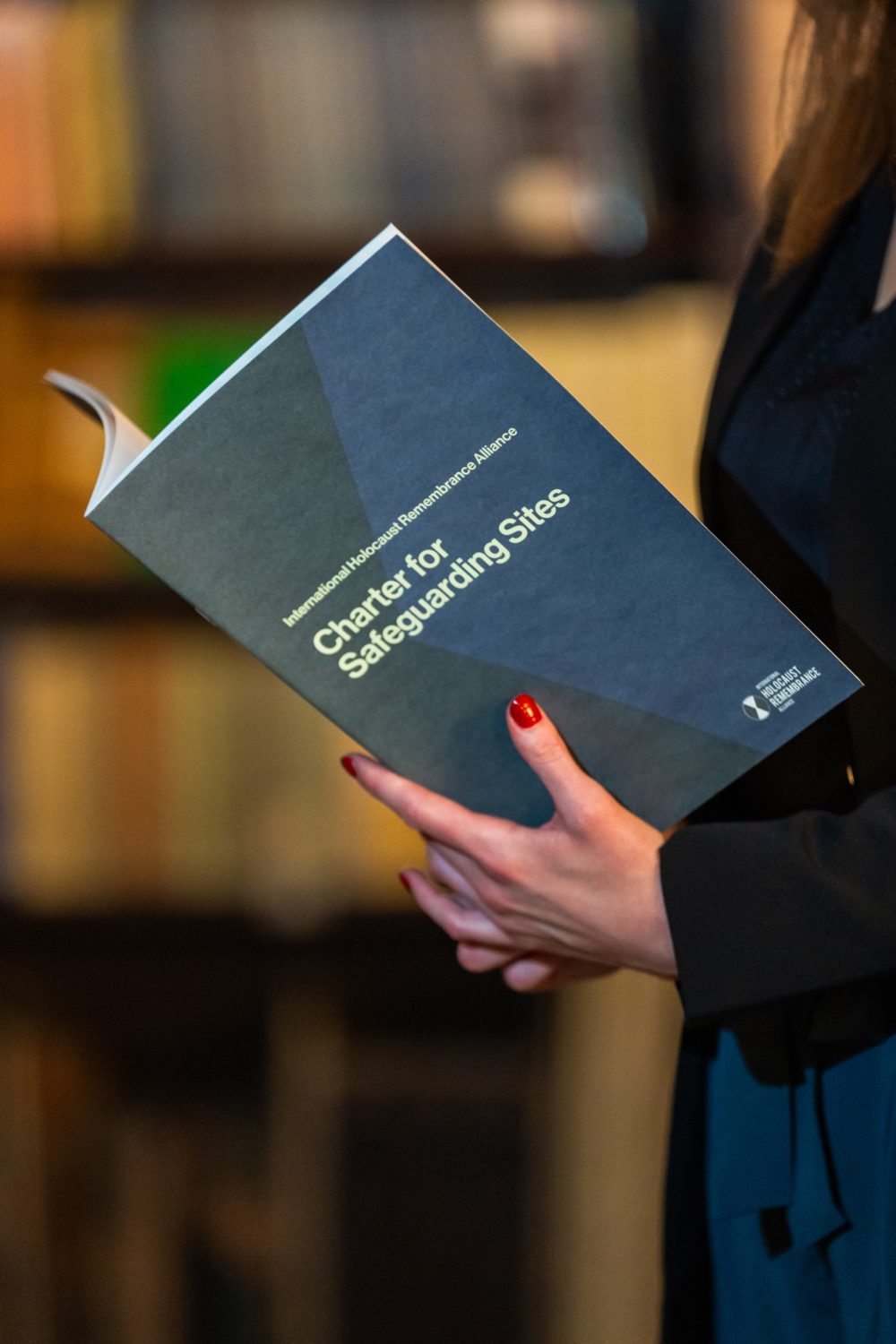The IHRA Resource Library
This page collects all of our resources in one place. Use the filter options to help you find the resource you’re looking for.

This page collects all of our resources in one place. Use the filter options to help you find the resource you’re looking for.



Read the full text of the IHRA’s non-legally binding working definition of antisemitism and learn more about this important tool with related resources and FAQs.



Learn about the risks facing Holocaust-related sites and what you can do to mitigate them.



Read the full text of the IHRA’s non-legally binding working definition of antigypsyism/anti-Roma discrimination and learn more about this important tool with the FAQs.



Read the full text of the IHRA’s non-legally binding working definition of Holocaust denial and distortion and learn more about this important tool with the FAQs.



Read the full text of the IHRA’s working definition of Holocaust-related materials which can provide archivists and researchers with a helpful starting point.



The International Memorial Museums Charter provides memorial museums with internationally agreed-upon principles and ethics for commemorating the victims of the Holocaust.
By signing up to the IHRA newsletter, you agree to our Privacy Policy